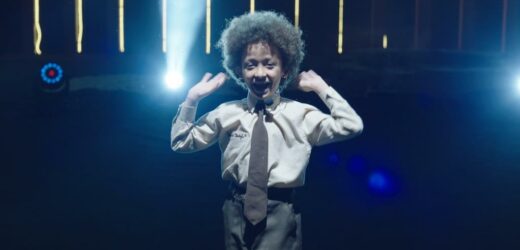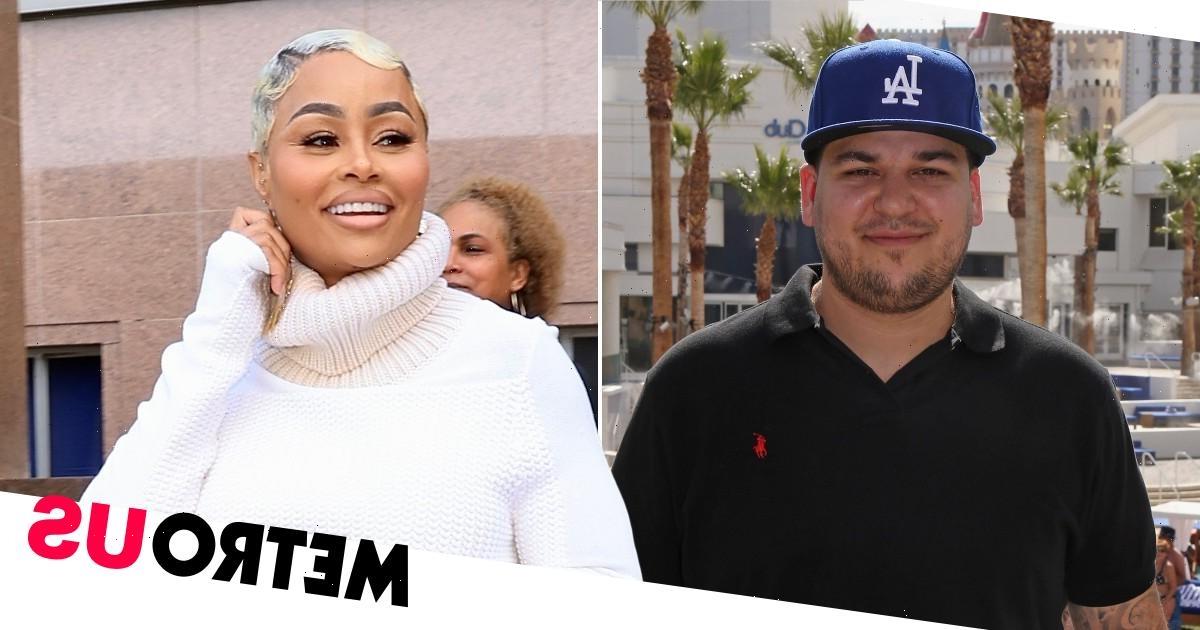Moviegoing in Saudi Arabia has come a long way since April 18, 2018, when “Black Panther” premiered to a packed crowd in a converted symphony hall in Riyadh, ending the country’s 35-year ban on public screenings prompted by an ultraconservative Islamic wave that started in the 1980s.
Cut to three-and-a-half years after the “Panther” premiere — at which men and women sat together as they watched the Marvel superhero — and when it comes to watching movies on the big screen “things have evolved on different levels,” says Carlo Vincenti, head of Italia Film, which is Disney’s distributor in the region.
Today there are 57 state-of-the-art cinema sites in 16 Saudi cities for a total of more than 500 screens. Admissions have soared from 149,000 from just two venues in 2018 to more than 13 million tickets sold at 53 different locations in 2021. Box office in 2021 was $238 million for the year, a 95% increase compared with 2020. Expectations are that Saudi will become a $1 billion market in a matter of a few years.
“The growth on the exhibitor’s side — despite a lockdown in its midst — has been phenomenal,” notes Vincenti, who points out that the next step in the kingdom’s moviegoing evolution is that “cinemas are now being built in remote areas and cities with a population of less than one million.”
In terms of movie consumption, initially it was just Hollywood studio fare being shown, with distributors throwing everything out there to see what would stick. But now there is a real slate of film offerings in Saudi Arabia and a burgeoning arthouse scene, and a shift underway from Hollywood product to locally produced titles.
While Hollywood films topped the Saudi box office chart in 2018, 2019 and 2020 —with “Mission: Impossible — Fallout,” “Joker” and “Bad Boys for Life,” respectively — the top Saudi grosser in 2021 was “Hangover”-style Egyptian slapstick comedy “Waafet Reggaala” (“A Stand Worthy of Men”).
Currently at No. 1 on the Saudi chart is heartwarming Egyptian laffer “Men Agl Ziko” (“For Ziko”) in which the child of a dysfunctional family wins a chance to compete in a national contest for brainy kids, prompting a “Little Miss Sunshine”-like family road trip.
Adon Quin, CEO of top Saudi local cinema chain Muvi, says that “Hollywood is maintaining its standing” and Arabic titles “just increase the overall box office.” But he also underlines that Egyptian movies last year made up around 21% of the kingdom’s box office while accounting for only 7% of the releases.
Quinn also sees a rise coming in the onset and popularity of Saudi films within the next couple of years.
As evidence, he and other Saudi cinema watchers cite the local box office success of satirical Saudi animated feature “Masameer: The Movie,” which is based on an animated YouTube series about a Saudi girl with who loves robots and justice; and, more significantly, of groundbreaking comedy “Shams Alma’arif” (“The Book of Sun”), a pic about guerrilla filmmaking that’s the first Saudi film to clock more than 100,000 local admissions. It captures the zeitgeist of what movies mean for the kingdom’s cultural shift.
Directed by Faris Godus and produced by his brother Sohayb, who also stars, “Book of Sun” is set in Jeddah in 2010 during the height of the Saudi YouTube movement, when movies were still banned. A high-school senior named Husam and his best friend Maan get arrested while filming their physics teacher, who also has a passion for filmmaking. They then embark on surreptitiously making a no-budget horror film at great personal risk.
Saudi Arabian actor, writer and producer Hisham Fageeh, who in 2013 posted a satirical video on YouTube titled “No Woman, No Drive” that stoked the movement to strike down Saudi’s ban on female motorists in late 2017, calls “Book of Sun” Saudi filmmaking’s “biggest beacon.”
Fageeh, who was born and raised in Riyadh, is now director of the Middle East Media Initiative (MEMI) at USC’s School of Cinematic Arts, a program that aims to boost the careers of Arabic TV writers. He vividly remembers what Saudi Arabia used to be like.
“It was austere,” he says. “On a sociopolitical level, society was so conservative. You had people shooting down satellite dishes, burning down little cassette tape shops. Everything was illegal.”
Fageeh and others point to the inaugural Red Sea Film Festival held in Jeddah last December as a watershed event, noting that programming there was uncensored, with nudity featured in several films — one being Maggie Gyllenhaal’s “The Lost Daughter” — and even films from Saudi Arabia’s regional adversary Iran were screened.
“I think there has been a radical transformation and emancipation,” says pioneering film director Mahmoud Sabbagh, whose 2016 romcom “Barakah Meets Barakah” — starring Fageeh — about the complexities of dating among his compatriots, pushed the Saudi envelope even before the moviegoing ban was lifted.
Sabbagh recently launched a pop-up arthouse cinema initiative called Cinema Elhoush. In AlUla, a remote area that is becoming a cultural hub, he played “Drive My Car,” among other titles, and held the first Saudi screening of Francois Truffaut’s 1959 classic “The 400 Blows.”
“Everyone is going to the movies, from all walks of society,” says Sabbagh. “In big cities and smaller ones, whether it’s pop-up cinemas or multiplexes. Young people are going for the first time in their lives.”
Ignace Lahoud, CEO of Vox Cinemas, West Asia’s leading cinema chain that has opened multiplexes in the smaller Saudi cities of Tabouk and Ha’il, notes that “the culture is more traditional” in these areas where “Hollywood is still not as strong as a magnet.” So in order to attract audiences to cinemas, they screen vintage Arabic films.
Sabbagh and others lament that ticket prices, at between $15 and $20, are too expensive and say this could be a deterrent to growth. Vincenti says efforts are underway for the price to be lowered in remote areas.
Some also warn that as Saudi screens proliferate the occupancy level is dropping.
But according to Quinn, the average occupancy level in Saudi Arabian cinemas in 2022 will be 30%, which is roughly double the average occupancy level around the world.
An often mentioned sore spot when it comes to Saudi Arabia and movies is the censorship that has prevented local audiences from watching “Eternals,” after Disney refused to make edits including the pic’s same-sex kiss, and “West Side Story,” due to its transgender character. But this problem is not specific to Saudi in the region.
“What we are seeing with the censorship in Saudi is much more advanced compared to what I was seeing in my early days in the UAE,” says Quinn. Vincenti says there is a dialogue with the Saudi regulator, whose “primary goal is for movies not to get banned.”
Then there is the issue of whether opening up to moviegoing is merely what critics refer to as “art washing,” or a cosmetic attempt to seem progressive by a country where lifting the ban on cinema was followed by the 2018 murder of journalist Jamal Khashoggi with reports that appear to implicate Saudi Crown Prince Mohammed bin Salman in the assassination.
Saudi Arabia last March executed 81 people convicted of crimes ranging from killings to terrorism in the largest known mass execution carried out by the kingdom in its modern history.
“If you are judging Saudi Arabia in a global context, then there are things to take notes on,” says Fagheeh. “But if you are judging Saudi Arabia relative to itself, the [cultural] growth rate and the learning curve is unprecedented.
“We have a lot of learning to do, and we have a lot of healing to do” he notes. “And we’ve got to face ourselves and have uncomfortable conversations. But I can see the change.”
Source: Read Full Article


